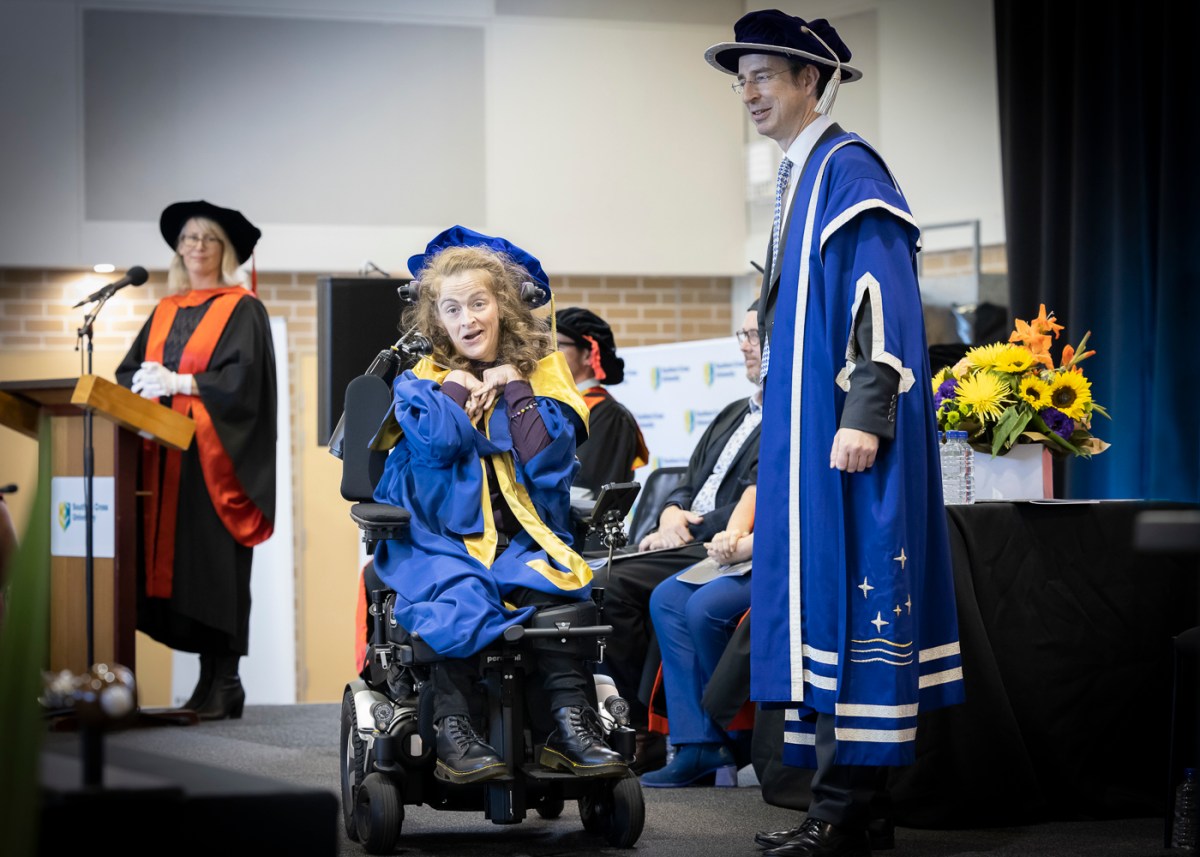The social isolation experienced by children with severe disabilities might leave them ill-equipped to deal with bullying, a Southern Cross University researcher has found.
Most children face varying degrees of bullying growing up but for those with disabilities the experience is more stressful. Children with disabilities often lack the emotional support of friends, a known mechanism that children use effectively to cope with being bullied.
“For children with severe disabilities, it may be that they do not get to develop the kinds of meaningful relationships necessary to be resilient to bullying,” according to Dr Louisa Salmon, recently awarded a PhD by Southern Cross University for her thesis, ‘Social experiences of children with disabilities: resilience, social identity and bullying’.
The research looked at how differences in social inclusiveness influence a child’s resilience to negative social situations or situations where the interaction was unfriendly.
No difference was found between children with different levels of cerebral palsy with regards to bullying or their ability to cope with stressful situations. The results suggest that children with disabilities felt excluded by others.
“Further, my research indicates that children without disabilities might have little experience with those with disabilities, even less experience with people who are perceived as having a severe disability. Given that having good social support is an effective way that children cope with bullying, might be a reason these children cope less well with bullying,” she said.
Four incremental studies, conducted over seven years focused on bullying, how well children cope with bullying and attitudes toward bullying.
Dr Salmon knows the different challenges faced by people with severe disability.
Though cerebral palsy means the Coffs Harbour resident is confined to a wheelchair and uses a computer to communicate, that didn’t stop her embarking on a PhD after graduating with a Bachelor of Psychology with Honours.
She is now looking for research assistant jobs in academia or government and is also keen to set up her own business as an advocate/mentor.
“I would like to help people with disabilities have more control of their lives,” she said.
Contact details: louisa.salmon@bigpond.com
Caption: Dr Louisa Salmon with vice-chancellor Professor Tyrone Carlin

